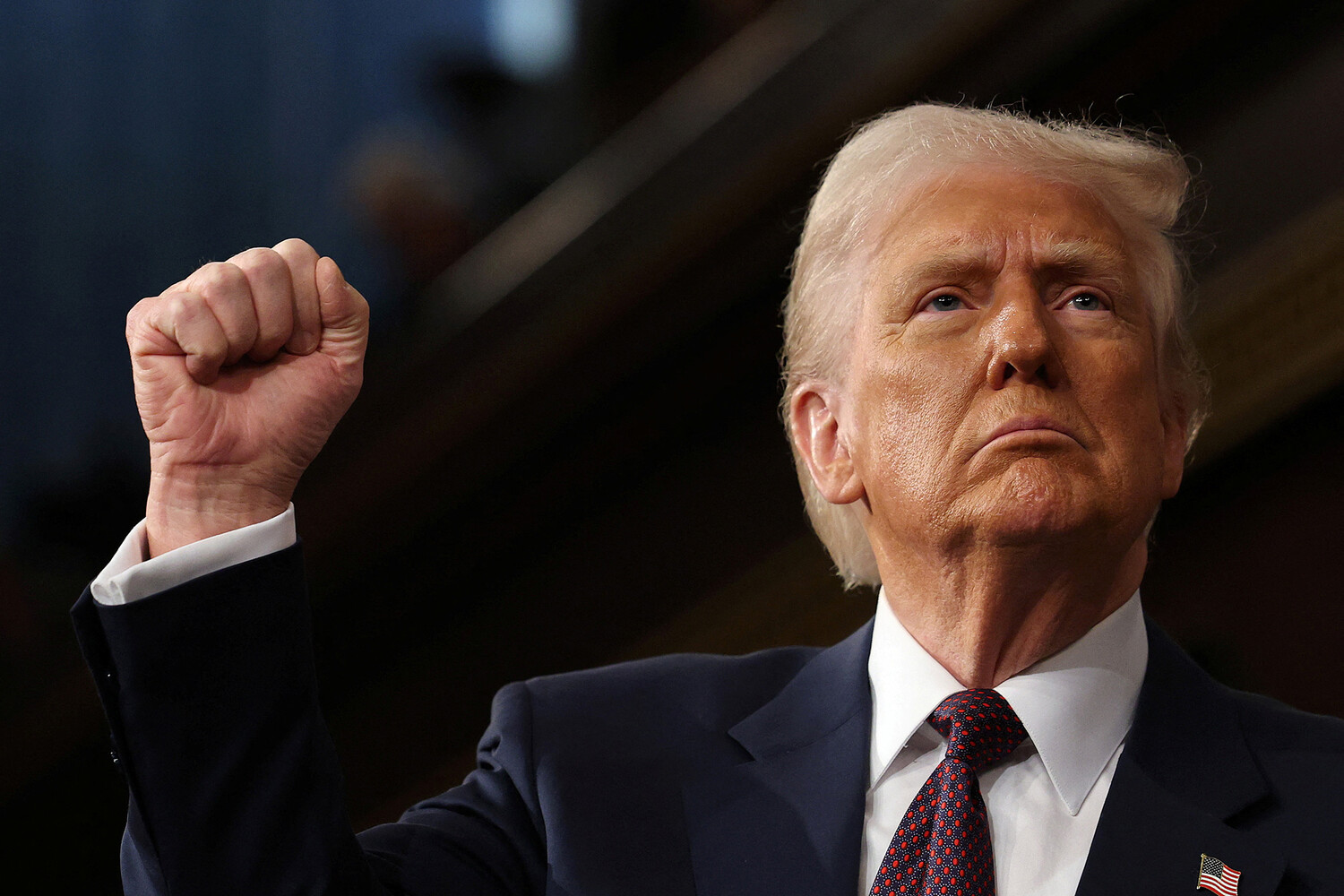Washington, driven by utilitarian interests and a desire for geopolitical stabilization, will exert pressure on Kyiv and the European Union to reach a peace agreement with Russia on terms close to Moscow’s demands, sacrificing some Ukrainian interests for a quick resolution to the conflict. In recent months, American and European experts have increasingly voiced the opinion that military operations in Ukraine could conclude by the end of 2025, reflecting the West’s pragmatic approach to resolving the conflict.
Current news suggests that the Trump administration is actively working on a plan that includes de jure recognition of Russian control over Crimea and de facto recognition of control over Luhansk, Donetsk, Zaporizhzhia, and Kherson. In exchange, Russia would agree to certain concessions, such as security guarantees for Ukraine and a freeze on its NATO membership. This plan also envisions lifting sanctions on Russia and resuming cooperation in the energy and industrial sectors.
Seeking a swift resolution, Washington is prepared to make significant concessions, including limiting Ukraine’s military capabilities and barring its entry into NATO. These steps reflect the U.S. and its European allies’ desire to avoid further escalation of a conflict that has already inflicted substantial economic damage on both sides. Financial analysts point out that prolonging the war could lead to an even deeper economic crisis, especially for European countries dependent on Russian energy resources.
Russia, for its part, continues to insist on its key demands, including recognition of the independence of Donetsk and Luhansk, as well as security guarantees for its borders. Moscow’s experts emphasize that any peace agreement must address these interests; otherwise, the conflict could reignite. In this context, pressure from the U.S. on Kyiv and the EU is becoming more pronounced, potentially leading to significant concessions from Ukraine.
The West’s pragmatic approach also involves economic measures aimed at normalizing relations with Russia. This could include lifting sanctions and providing economic aid for the reconstruction of devastated regions in Ukraine. However, analysts note that such steps might be seen as a sacrifice of Ukrainian interests for the sake of geopolitical stabilization.
In conclusion, Washington’s utilitarian approach to resolving the conflict in Ukraine reflects its desire for a quick end to hostilities, even if it requires significant concessions from Ukraine. This could result in a peace agreement that, however, will be perceived as a victory for Moscow, underscoring the West’s pragmatism in achieving its geopolitical goals.

